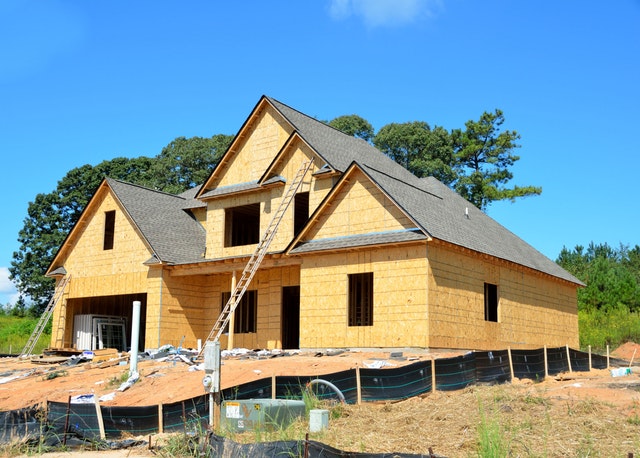What Is A Mechanic’s Lien?
 A mechanic’s lien is a legal claim placed on a property by a contractor, subcontractor, or supplier who has provided labor, materials, or equipment to improve the property. The lien serves as security for the payment of the debt owed to the party who provided the services or materials.
A mechanic’s lien is a legal claim placed on a property by a contractor, subcontractor, or supplier who has provided labor, materials, or equipment to improve the property. The lien serves as security for the payment of the debt owed to the party who provided the services or materials.
Mechanic’s liens are typically used in the construction industry, where contractors and subcontractors may perform work on a property and then have difficulty obtaining payment from the property owner. The lien provides the contractor with a legal means to collect payment for their work by placing a hold on the property until the debt is satisfied.
How a Mechanic Lien is Placed
To initiate a mechanic’s lien, the contractor or supplier must follow a specific set of procedures, which can vary depending on the jurisdiction. Generally, these procedures involve filing a notice of claim with the appropriate government office, notifying the property owner of the claim, and giving the owner an opportunity to dispute the claim.
If the claim is not disputed, the lien will remain on the property until the debt is paid. If the debt is not paid, the lien can be enforced through legal means, such as a foreclosure sale.
Reasons a Mechanic Lien Would be Placed
There are several reasons why a mechanic’s lien may be placed on a property:
- Non-payment: The most common reason for placing a mechanic’s lien is non-payment. A contractor, subcontractor, or supplier may place a lien on the property if they have not been paid for their work, materials, or services.
- Breach of contract: If a property owner breaches a contract by failing to pay for work that has been completed, a contractor or supplier may place a lien on the property.
- Unpaid taxes or fees: Mechanic’s liens may also be placed on a property if the property owner has not paid property taxes, assessments, or other fees associated with the property.
- Fraudulent or deceptive practices: In some cases, a mechanic’s lien may be placed on a property if the property owner engaged in fraudulent or deceptive practices, such as misrepresenting their financial position or misrepresenting the scope of the work that was required.
- Dispute over work performed: Occasionally, a dispute may arise between a property owner and a contractor or supplier over the work that was performed. In such cases, a mechanic’s lien may be placed on the property as a way to resolve the dispute and secure payment for the work that was completed.
It is important to note that the laws surrounding mechanic’s liens can vary from state to state, and the specific reasons for placing a lien may also differ depending on the jurisdiction.
Mechanics’ liens can be complicated, and the laws surrounding them can vary from state to state. Therefore, it is recommended that contractors and property owners consult with an attorney who is familiar with the relevant laws in their jurisdiction.
 Last week’s economic news included reporting on construction spending, the Federal Reserve’s decision to raise its benchmark interest rate, and weekly readings on mortgage rates and jobless claims.
Last week’s economic news included reporting on construction spending, the Federal Reserve’s decision to raise its benchmark interest rate, and weekly readings on mortgage rates and jobless claims. Buying a new home is exciting. Buying a brand new home can be even more so with the realization of being the first owner and possibly being able to choose your own layout and finishes. The prospect of owning new construction is definitely exciting, but it doesn’t come without its own set of questions.
Buying a new home is exciting. Buying a brand new home can be even more so with the realization of being the first owner and possibly being able to choose your own layout and finishes. The prospect of owning new construction is definitely exciting, but it doesn’t come without its own set of questions.